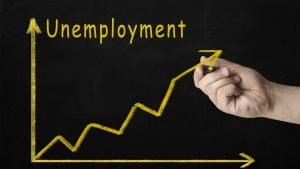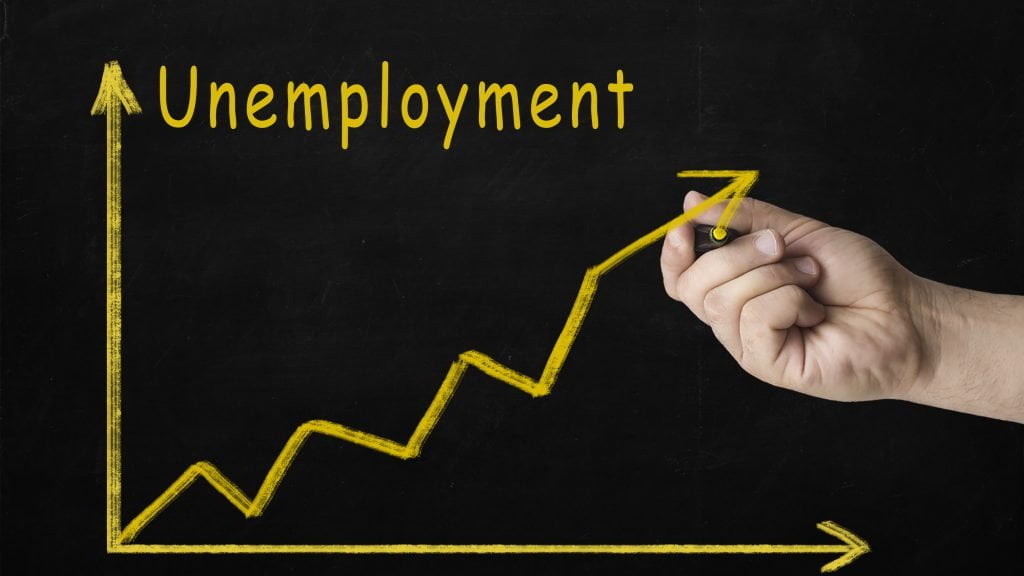
Economic experts suggest Indiana’s once-low unemployment rate will jump significantly as a result of measures to slow the spread of the coronavirus.
The February jobless report from the Indiana Department of Workforce Development, citing Department of Labor data, said the state’s jobless rate in February was 3.1%, which was unchanged from January but down from 3.5% in February 2019.
Economic and financial experts from Ball State University and the University of Notre Dame both project that social distancing and other measures to limit public interaction by government, businesses and numerous organizations will fuel spikes in unemployment rates in the coming months.
Michael Hicks, director of Ball State’s Center for Business and Economic Research, said national unemployment could hit 10.5% nationally and 10% in Indiana by late spring.
Jason Reed, economist and assistant chair and professor of finance at Notre Dame’s Mendoza College of Business, expects jobless rates will worsen before improving.
“Unsurprisingly, with the country on lockdown, the number of jobless claims jumped to over 3 million, a 1,064% increase from the previous week,” said Reed, referencing a March 26 Department of Labor report. “I expect this number to keep rising as workers heed orders to shelter in place.”
Reed said in his review of the Labor Department’s latest data, the restaurant industry was likely one of the hardest hit industries. He said data from Open Table indicates a 100% year-over-year decrease in seated diners for the week of March 23.
“To put that number in perspective, the restaurant industry makes up roughly 4% of GDP and 10% of the working population,” Reed said. “Additionally, we can expect that certain subsectors of the retail trade industry are also facing unprecedented levels of jobless claims, as non-essential businesses close to help reduce the spread of coronavirus.”




